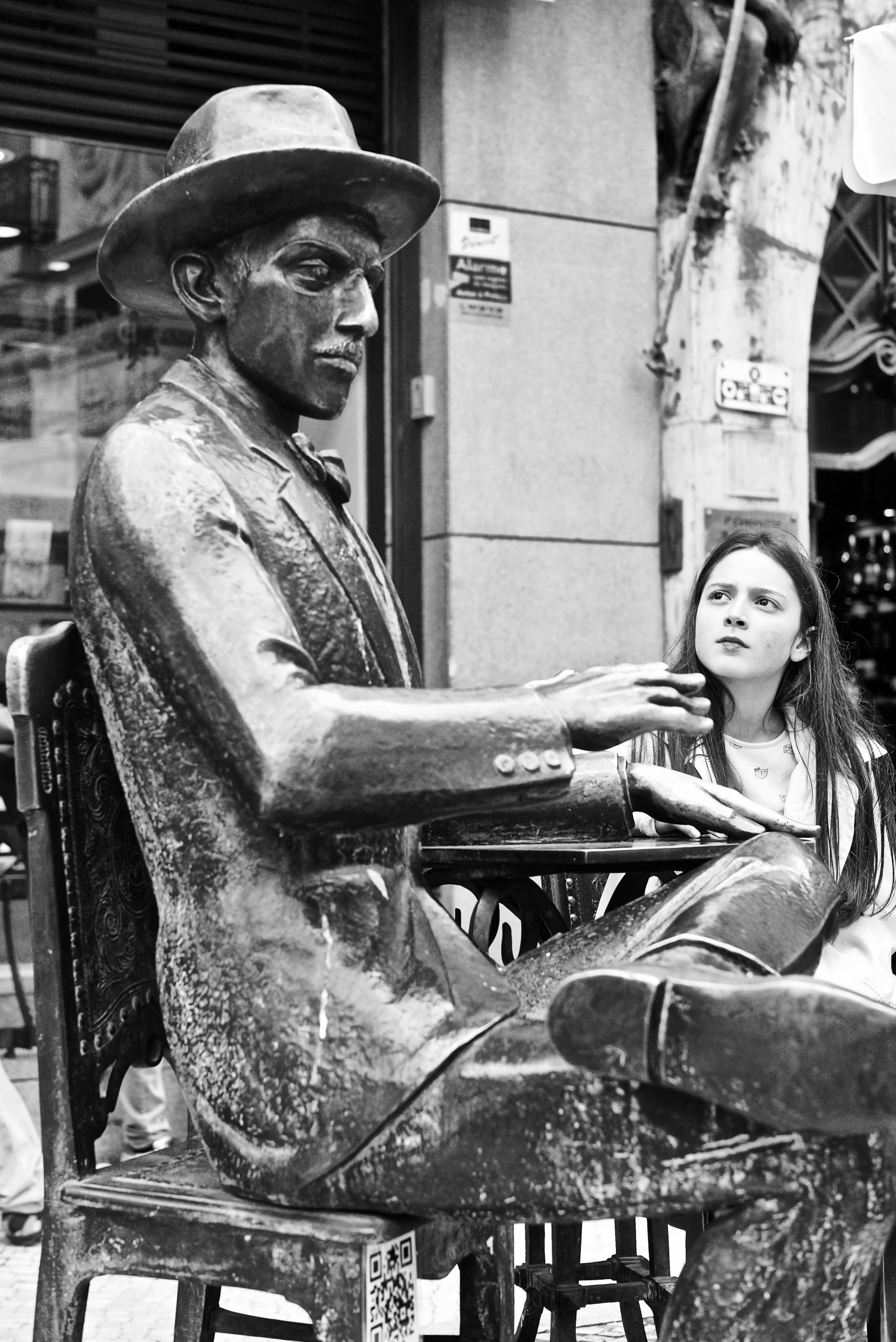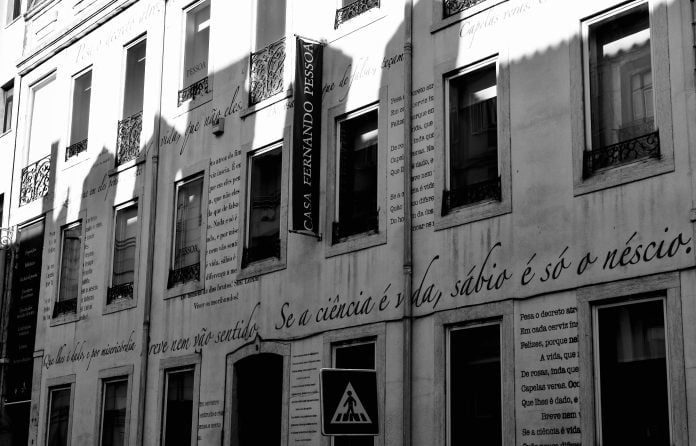Known as one of the most significant literary figures of the 20th century, Fernando Pessoa is perhaps the most famous poet to come out of Portugal.
A poet, writer, and philosopher, Pessoa’s innovative use of heteronyms, his philosophical explorations of the self, and his experimentation with form continue to inspire readers and writers around the world.
Despite his significance, Pessoa’s work was largely unrecognized during his lifetime. However, after his death, his work gained increasing recognition and critical acclaim, and he is now celebrated as one of Portugal’s greatest writers.
Let’s take a look at the early life of Fernando Pessoa, his work, and the legacy of Pessoa both in Portugal and worldwide.
Early Life
Fernando Pessoa was born on June 13, 1888 in Lisbon, Portugal. His father, Joaquim de Seabra Pessoa, was a music critic, and his mother, Maria Magdalena Nogueira Pessoa, was a housewife.
When Pessoa was just five years old, his father passed away, leaving him and his siblings under the care of their mother, who later remarried. Pessoa’s early life was marked by loneliness, leading him to often withdraw into a world of his own imagination.
Despite his difficult upbringing, Pessoa was an amazing student and displayed an early talent for languages. By the age of six, he was already fluent in Portuguese, English, and French.
Pessoa went on to attend the Durban High School in South Africa, where he learned to speak and write in Afrikaans. After returning to Lisbon in 1905, Pessoa continued his studies at the University of Lisbon, where he pursued a degree in classical languages and literature.
During his university years, Pessoa became involved in the literary and artistic circles of Lisbon, and he began to develop his own literary voice. He published his first poem, “Antinous,” in the literary magazine A Águia in 1912, under the pseudonym Alexander Search. This would become a recurring theme in Pessoa’s literary career, as he would go on to create over 70 distinct literary authors throughout his lifetime.
Pessoa’s Work: Heteronyms and Literary Innovations
Pessoa is known for his unique literary style, characterized by his heteronyms, which were essentially distinct personalities he created for himself as authors of different works. Each heteronym had a unique literary style and biography, and Pessoa would often write entire collections of poetry or prose under their names.
This allowed him to explore a range of literary styles and ideas, and it also made it difficult for critics to pigeonhole his work. Some of Pessoa’s most famous heteronyms include Alberto Caeiro, Ricardo Reis, and Álvaro de Campos.
In addition to his use of heteronyms, Pessoa was also known for his innovative approach to language and form. He experimented with free verse, prose poetry, and other unconventional forms, often blurring the lines between poetry and prose.
He also drew on a wide range of literary influences, from classical mythology to modernist literature, and he was constantly pushing the boundaries of what was considered acceptable in the literary world.
Legacy and Cultural Significance
Pessoa’s work has had a profound influence on Portuguese literature and culture, and his legacy as a writer and thinker continues to be felt around the world.
In Portugal, Pessoa’s influence can be seen in literature, music, and even in popular culture. His work is taught in schools and universities, and he is widely regarded as one of Portugal’s greatest poets.
There are numerous monuments, museums, and cultural events dedicated to Pessoa in Portugal, including the Casa Fernando Pessoa, a museum and literary center dedicated to his life and work.
Pessoa’s legacy also extends beyond Portugal. His work has been translated into numerous languages and has been celebrated by literary critics around the world.

Pessoa’s Death
Fernando Pessoa died on November 30, 1935, at the age of 47. The cause of his death was chronic pancreatitis, a painful and debilitating condition that he had suffered from for several years.
Pessoa’s death was a great loss to the world of literature, and it came at a time when he was beginning to gain wider recognition for his work. At the time of his death, he had published very little of his writing, and much of his work remained unpublished.
After Pessoa’s death, his literary executor, João Gaspar Simões, worked tirelessly to preserve and publish his work. Simões’s efforts were instrumental in bringing Pessoa’s work to a wider audience, as after his work was published more widely, he finally received the recognition he deserved.


